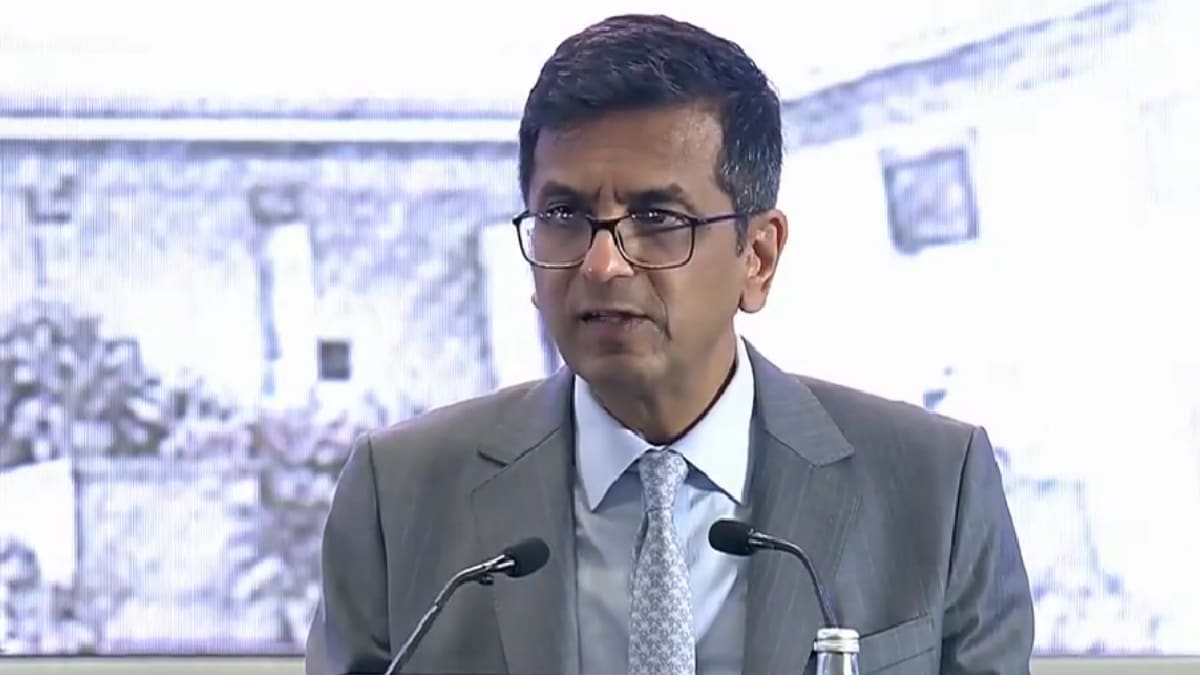The Indian judiciary is undergoing a transformation, with a younger generation of judges taking the helm. This shift is not only reflected in the demographic makeup of the judiciary but also in the changing priorities and approaches to justice delivery. Chief Justice of India (CJI) D Y Chandrachud, highlighting this transformation, emphasized the need for modernization, accessibility, and a focus on national integration within the judiciary.
A New Generation of Judges Shaping the Judiciary
The inauguration of a new creche at the Supreme Court, increasing the capacity to cater to over a hundred infants, is a clear indication of the evolving demographic within the Indian judiciary. With a growing number of young judges joining the system, there is a renewed focus on creating a more inclusive and family-friendly work environment. This trend not only reflects the changing demographics of the country but also the need to attract and retain talented individuals within the judiciary.
Challenges and Opportunities of a Younger Judiciary
The influx of younger judges brings with it a unique set of challenges and opportunities. Younger judges are likely to be more attuned to the evolving needs of society and may bring fresh perspectives to traditional legal interpretations. However, the lack of experience in dealing with complex legal issues and the pressure to perform may require adequate mentorship and support structures for these new entrants.
Modernizing the Judicial System for a Changing World
The CJI’s emphasis on modernization reflects the understanding that a justice system can only remain relevant if it adapts to the evolving needs of society. The advancements in technology have significantly impacted the way justice is administered, and the Indian judiciary is actively incorporating these advancements. The adoption of digital tools for case management, virtual hearings, and online access to court records not only streamlines the legal process but also enhances accessibility for the common citizen.
Key Initiatives for Modernization:
- Investing in Infrastructure: Modern court complexes, facilitation centers, e-seva kendras, medical facilities, and creches provide a more comfortable and efficient work environment for judges and staff, fostering a conducive atmosphere for justice delivery.
- Training and Capacity Building: Investing in training programs ensures that judges are equipped with the necessary skills to navigate the evolving legal landscape and utilize modern technology effectively.
Addressing the Issue of Pending Cases
The challenge of case backlog remains a significant hurdle in ensuring efficient justice delivery. The CJI acknowledged the need to increase the disposal-to-filing ratio and highlighted the importance of attracting skilled personnel.
Strategies for Tackling Case Backlog:
- Enhanced Recruitment Practices: Standardized recruitment calendars for all vacancies can help ensure timely appointment of judges, reducing delays in case proceedings.
- Attracting Talent: The need for skilled personnel demands a strategic approach to attracting and retaining talented individuals within the judicial system. This could involve creating competitive salary packages, offering opportunities for professional development, and fostering a culture of excellence.
Fostering National Integration through Judicial Appointments
The CJI emphasized the need to transcend regionalism and state-centric selections in judicial appointments, advocating for a more inclusive approach that reflects the national character.
Importance of National Integration in Judicial Selection:
- Promoting Diversity and Representation: Selecting judges from diverse backgrounds ensures that the judiciary is representative of the diverse population of the country.
- Building National Cohesion: This approach fosters national unity by creating a judicial system that is inclusive and representative of all regions and communities.
Takeaways
The CJI’s address highlights the transformative phase the Indian judiciary is undergoing. With a younger generation of judges at the helm and an emphasis on modernization, the judiciary is positioned to deliver justice effectively and inclusively. However, overcoming the challenge of case backlog and promoting national integration in judicial appointments will be crucial in achieving these goals. By adopting a strategic approach towards talent acquisition, training and capacity building, and embracing technology, the Indian judiciary can strengthen its ability to meet the evolving needs of a modern and diverse society.




